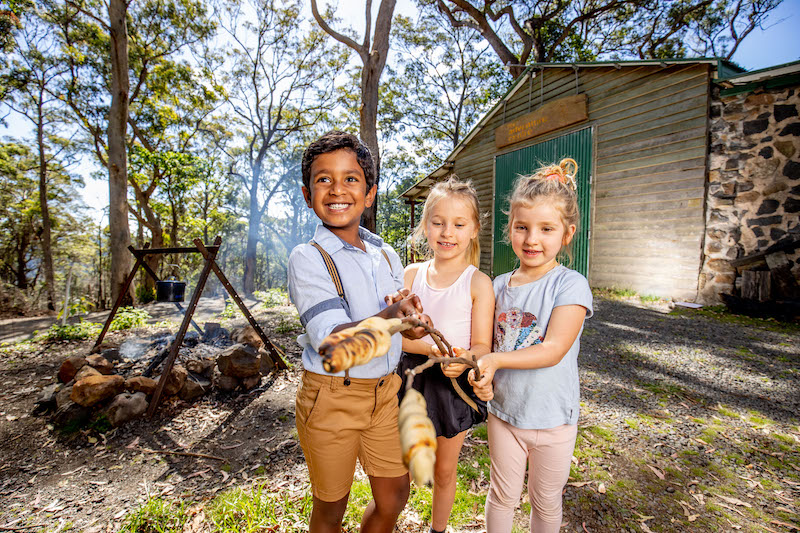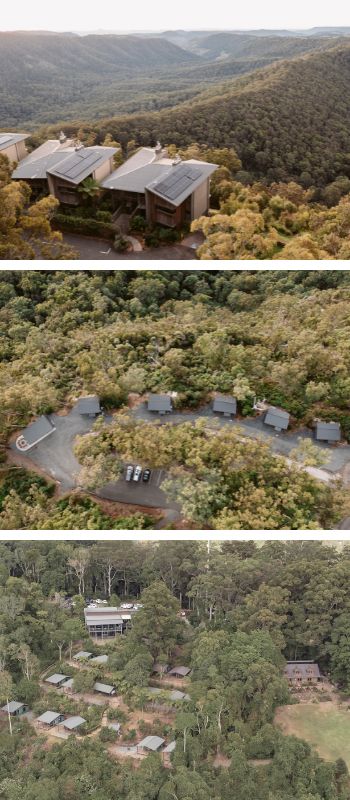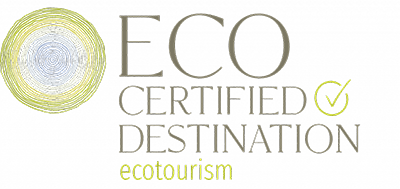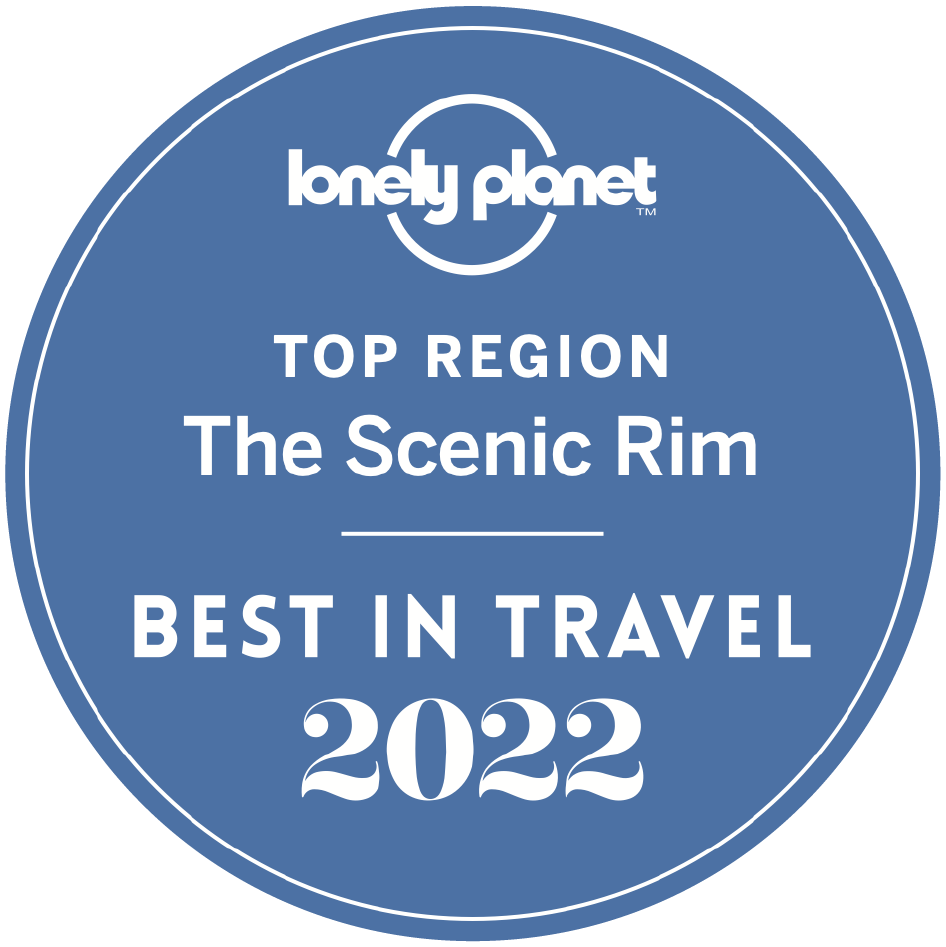Ecotourism is viewed as a suitable context for disseminating knowledge about nature and promoting environmental values among tourists. However, few studies have drawn attention to the educational impact of ecotourism on young children. Moreover, environmental education in ecotourism tends to be framed by anthropocentric premises in which nature is viewed as detached from human domains and dependent on human protection. Considering this gap, this study aims to explore how play in ecotourism sites supports children to learn not only “about”, but also “with” nature. To that end, we draw upon the theoretical concept of play-based learning and focus on ecotourism activities in Queensland, Australia. The empirical data consist of semi-structured interviews with professionals in the fields of ecotourism, conservation and education. The study contributes to the field of ecotourism and the Anthropocene discussion by stressing the role of early childhood education in promoting a sound relationship between nature and humanity.










